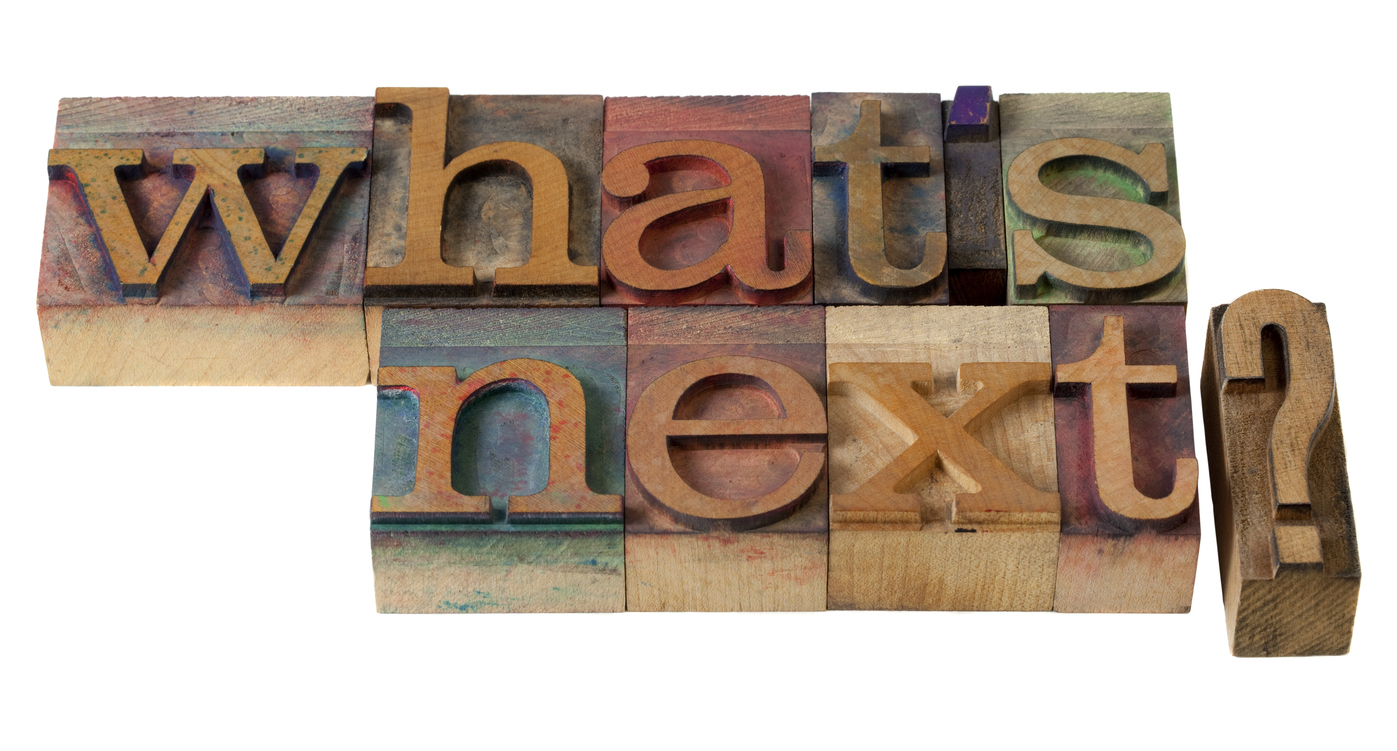In the years and decades after a loss we take that grief, pain, and hard-earned wisdom that loss creates and incorporate it into who we are. If you end up liking that person you’ve become, at some point you’ll realize the person you are, the person you like, is a product of that loss.
Not surprisingly, when I tell people what I do they almost always talk about a profound loss they’ve experienced in their life. This happens nearly without fail. And many times I’ve had conversations with people who’ve experienced a profound loss, are years removed from it, and have decided they like who they have become, in part, because of that loss.
 Tracy, a young woman I spoke to recently, lost her dad when she was 16. She’s now 27 and is funny, irreverent, strongly opinionated, and she admits that she probably wouldn’t have some of her favorite parts of her personality if her dad hadn’t died. (This kind of conversation is not unique.)
Tracy, a young woman I spoke to recently, lost her dad when she was 16. She’s now 27 and is funny, irreverent, strongly opinionated, and she admits that she probably wouldn’t have some of her favorite parts of her personality if her dad hadn’t died. (This kind of conversation is not unique.)
However, this is always the part of these conversations where there’s a good two minutes devoted to anxious backpedaling saying things like, “of course given the option I would have preferred for my dad to NOT have died…of course.” And, “If I could trade these parts of my personality for one more day with him I would…of course.” And I say things like “Yes. Of course. Obviously.” With an understanding nod.
But the reality is that she, like me, like who we’ve become. And who we’ve become has been directly informed by our loss. This leaves us in the awkward and guilt-generating position of being, in a way, thankful for our loss.
 And that’s not something to feel bad about. Liking the part of you that’s a widow, an orphan, a now only child can give purpose to all the thought, energy, and pain we put into loving a person who is no longer here. We’re stronger for it, wiser, and often acquire a perspective which allows us to not sweat the small stuff, because we know what BIG HURT feels like. They are unique and complicated gifts and can be part of the meaning you make of your loss. Maybe we never get the answer for why they had to die, but we can create meaning out of our loss.
And that’s not something to feel bad about. Liking the part of you that’s a widow, an orphan, a now only child can give purpose to all the thought, energy, and pain we put into loving a person who is no longer here. We’re stronger for it, wiser, and often acquire a perspective which allows us to not sweat the small stuff, because we know what BIG HURT feels like. They are unique and complicated gifts and can be part of the meaning you make of your loss. Maybe we never get the answer for why they had to die, but we can create meaning out of our loss.
In 1982 Susan G Komen died of breast cancer at age thirty-six. Two years later her sister, Nancy, started a foundation that would become the largest and best-funded breast cancer organization in the United States, providing breast cancer education, research, advocacy, health services and social support programs in the U.S., and through partnerships in more than 50 countries. Nancy created meaning for the loss of her sister by providing services so other women with this disease could have a better chance for survival.
 As you gain some distance and look back on your loss, some questions worth asking are: What can you do to help create meaning from your loss? How has your loss changed you for the better? How can your loss make the world or your community a better place? What relationships has your loss created or improved? How has your loss made you stronger? How has it made you wiser? Because, as we often think, “all of this pain can’t be for nothing,” and it’s up to us survivors to make something of it.
As you gain some distance and look back on your loss, some questions worth asking are: What can you do to help create meaning from your loss? How has your loss changed you for the better? How can your loss make the world or your community a better place? What relationships has your loss created or improved? How has your loss made you stronger? How has it made you wiser? Because, as we often think, “all of this pain can’t be for nothing,” and it’s up to us survivors to make something of it.
Thanks for visiting Grief Compass. We’re sorry you have to be here, but are glad we’ve found each other.
Subscribe to get more practical, approachable tips and insights for modern folks dealing with grief. You can also follow us on Facebook, Twitter, and Instagram.

Thanks for your words on grief today! I was having a very difficult time and you helped me😇
Oh thank you Marlene. I’m glad that we could be of help.
I have appreciated the monthly emails so much!